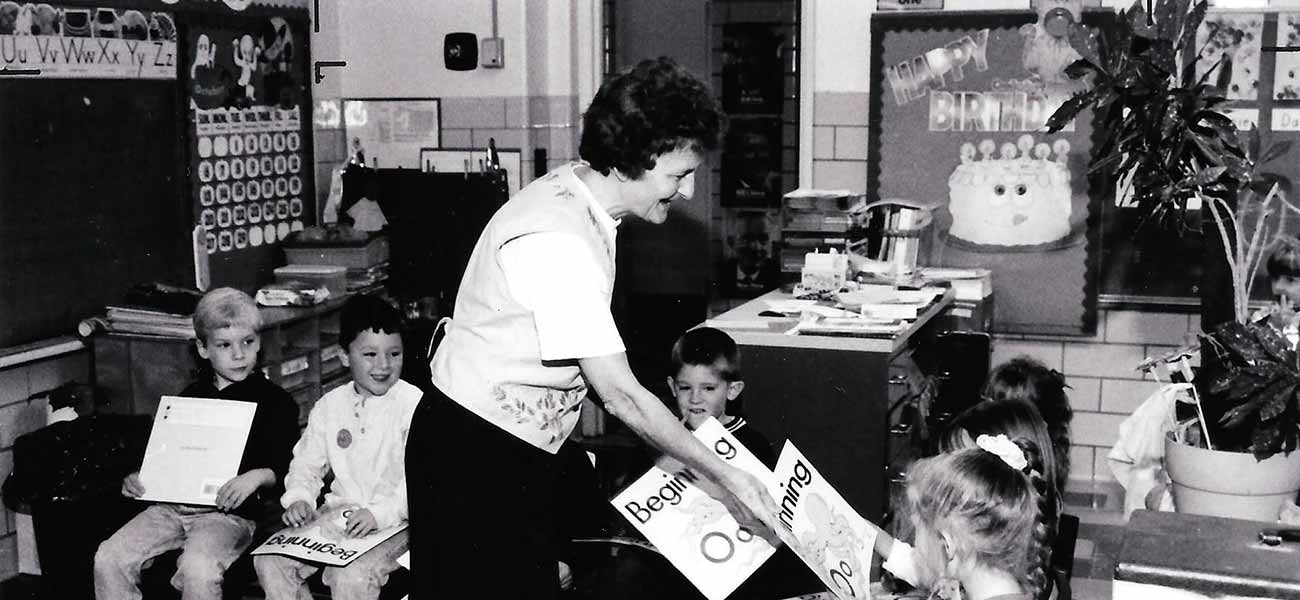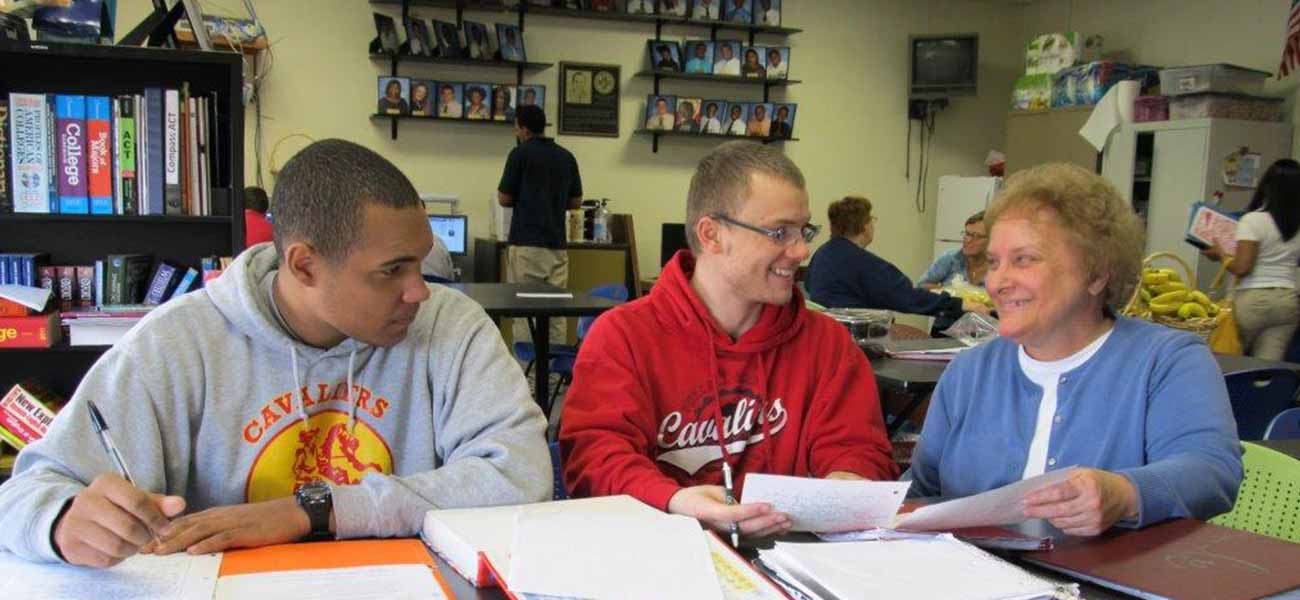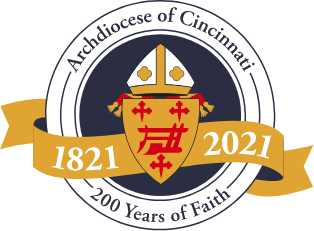
Sisters of St. Francis, Oldenburg
Responding to a plea for missionaries to America, Father Francis Joseph Rudolf arrived in Oldenburg, Indiana, in late October of 1844. Here, he fervently hoped to strengthen the faith of his predominantly German immigrant flock. His confidence in God was rewarded when Sister Theresa Hackelmeier arrived in Oldenburg on January 6, 1851, from Vienna, Austria. Sister Michaela, Sister Gabriella and Sister Josepha joined her in April, and Sister Antonia joined her in June.
In November 1851, the sisters took charge of the parish school, comprising 20 children. By the fall of 1852, word of the sisters’ work and the parents’ satisfaction had spread, and the number of boarders increased to 12. Thus began the Academy of the Immaculate Conception, with Sister Antonia as directress.
In 1853, the sisters began perpetual adoration of the Blessed Sacrament. There were 13 sisters at the time, and they tended a garden, cared for boarders, taught 60 girls in the village school, cared for 11 orphans brought by Father Rudolf, and experienced the construction of an addition to the convent. The construction was completed in the spring of 1855.
On January 23, 1857, fire reduced the convent to ashes. Unfortunately, there was no insurance. Mother Theresa permitted her young sisters to return to their homes, but all the sisters remained. Mother Theresa’s trust in God was unwavering, and in a short time, teaching resumed in improvised quarters. A week after the fire, lumber for the new building was cut in the neighboring woods. Mother Theresa and a companion solicited funds for rebuilding in Cincinnati and St. Louis. By November, the sisters and their pupils and orphans, were able to move into the reconstructed convent.

In 1860, Mother Theresa died at the age of 33. She was succeeded by Mother Antonia Dreer, who had been overseeing all education of the sisters and the operation of the schools. Mother Michaela Lindemann, who had been in charge of the farm, was elected to leadership in 1872. By the time of her death in 1884, there were 234 sisters who had founded or staffed 54 schools located in Indiana, Kentucky, Ohio, Iowa and Missouri.
Although the congregation had many contacts with Cincinnati, the sisters did not have any schools in the Archdiocese of Cincinnati until the late 1870s. Archbishop John Baptist Purcell, who had been a longtime friend of the congregation, paid several visits to the Oldenburg motherhouse. Mother Michaela’s acceptance of St. Clement School in St. Bernard, Ohio, in 1876, appears to have been a result of the friendly relations that already existed with Archbishop Purcell. St. Clement Parish was 25 years old when the sisters came to St. Bernard. The school had been organized shortly after the opening of the church in 1851, with classes conducted by the pastor and then by the Franciscan Brothers. In 1877, after a new school had been erected, the sisters were asked to take over the work. Other schools were soon accepted in Ohio at Carthage (1880), Middletown (1880) and Fairmount (1882).
While the sisters’ primary ministry was classroom teaching, there were always sisters who were needed in supportive ministries, such as farm work, cooking and housekeeping. Many sisters also were organists, choir directors, music teachers and did sacristy work. Early on, the sisters began caring for orphans and working in the administration of schools and the congregation. Social work in an educational setting and with families and adults was another early ministry. There have always been some sisters in health care, providing for the members of the community
After the Second Vatican Council, increasing numbers of sisters began serving as directors of religious education, parish life coordinators, pastoral associates, liturgical ministers and youth ministers. In the medical field, sisters have ministered as nurses, nursing assistants, hospital chaplains and massage therapists. Within the social service sector, sisters have worked in orphanages, nursing homes, hospitals, halfway houses, prisons, pro-life programs, domestic abuse programs, drug and alcohol treatment centers, child welfare agencies, foster care and adoption programs and mental health counseling.
Sisters have served as career specialists, funeral home assistants, photographers, artists, facilitators for religious communities, justice and peace directors and staff members of social justice organizations. They have been librarians, reading and media specialists, nursery and adult caregivers, nannies, educational consultants, receptionists, communications directors, seamstresses, chemists and spiritual and retreat directors.
The Sisters of St. Francis, Oldenburg, continue to respond to the diverse needs of the times.

